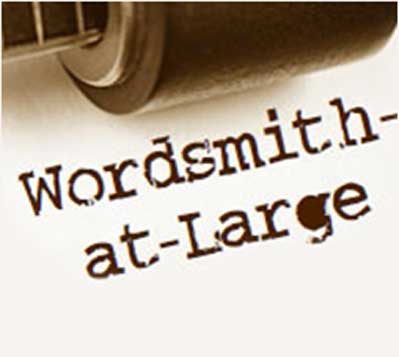On the one hand, some poll workers in Philadelphia said they were kept 50 feet away from any ballots. On the other hand, some poll workers in Philadelphia said they didn’t see anything amiss.
On the one hand, Joe Biden has been deemed President-Elect. On the other hand, the actual groups that make the title official haven’t yet weighed in. (That would be the Administrator of the General Services Administration and, of course, the final arbiters of the vote totals – members of the Electoral College – who don’t meet until December 14th.)
On the one hand, there’s been a rumor floating about that Wisconsin counted more votes than it had registered voters. On the other hand, Wisconsin voting officials say that the registered voter number in question was from 2018, not 2020.
On the one hand, Joe Biden is making plans to occupy the Oval Office in late January, already providing a list of actions he intends to take on Day One. On the other hand, Donald Trump is conceding nothing and pursuing legal avenues to make sure that doesn’t happen.
On the one hand, vote totals from smaller cities and more rural areas of virtually every state were reported pretty quickly. On the other hand, the larger cities, with greater populations, are still counting some ballots as I write this.
If I were to hazard a guess, I’d say roughly 72 million voters think the “one hand” is correct, while about 76 million believe the “other hand” is spot on. What a shock.
Given everything else that’s been flung at We the People this pandemic year, why is it any surprise that this year’s election was anything but cut and dried? Even with all the hoopla about early voting and absentee ballots, it’s probably fair to say that not many people anticipated the enormous number of votes that wouldn’t be counted until a week or more after Election Day.
One of the main complaints emanating from the Trumpeters is that because votes from The Donald’s strongholds reported early on Election Night, the areas that leaned more heavily toward Joe B. knew then exactly how many votes they needed to come up with in order to eke out a victory.
Alas, if indeed that kind of chicanery went on, the Republic is in far worse straits than ever imagined. Those of a certain age might recall the election of 1960, when Jack Kennedy defeated Richard Nixon in a tight race. Illinois was the key battleground back then, and rumors have long circulated that then-Chicago-Mayor Richard Daley waited until all the downstate Republican votes were reported before providing his city’s totals. Out of about 4.7 million votes cast, Kennedy won by less than 9,000 (or 0.18%). Sound familiar? Nixon chose not to challenge the results.
That ain’t happenin’ this year.
Since in the future there’s a good possibility large numbers of voters will continue to cast absentee ballots, I’ve been trying to think of a way that would allow that expression of citizenship (along with some early voting times) and yet still not string out the process. Here’s what I’ve come up with:
Instead of Election Day, let’s make it Election Week. In-person voting would be available from say, Saturday to Saturday during the first week of November. Absentee ballots would have to be postmarked no later than Thursday that week and received by the following Monday. Now, here’s the kicker: A state could not report ANY of its votes until ALL the votes had been counted. No partial returns.
Granted, that would infuriate the media. They just love calling races two seconds after the polls close and with less than 1% of the vote actually tabulated. But, tough darts, farmer. Every ballot must be counted before releasing numbers to the public.
I know, I know, that takes a lot of the fun out of Election Night coverage. But can anybody truly say they’re having gangs of laughs right now as this process drags on and on? Think of the money the news organizations could save. No more exit polling, no more decision desks, no more talking heads telling us this county or that county holds the key for the entire state. The people speak, the votes are added up, and we all find out at the same time whom we elected.
A system like that is fair and equitable for both parties, isn’t it? It allows the process to play out in secret, as intended. It’s a common-sense approach. Which certainly beats what’s going on presently. Because right now, one hand obviously doesn’t know what the other one is doing.
©MMXX. William J. Lewis, III – Freelance Writer


Leave A Comment